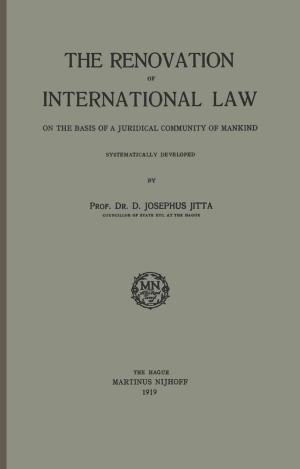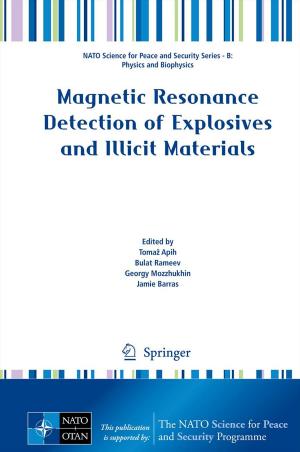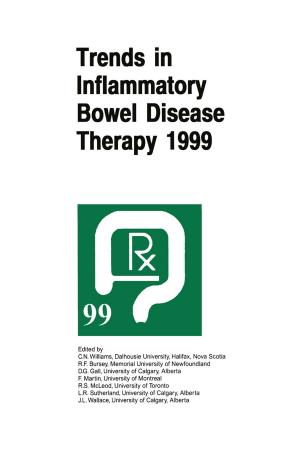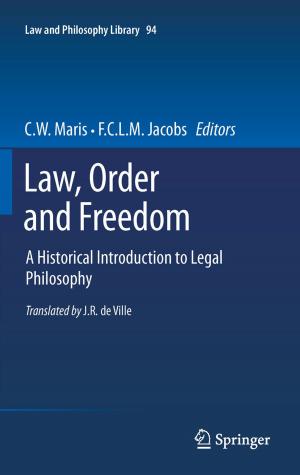Multiple Integrals
Kids, Natural World, Nonfiction, Reference & Language, Education & Teaching, Science & Nature, Science| Author: | Walter Ledermann | ISBN: | 9789401160919 |
| Publisher: | Springer Netherlands | Publication: | December 6, 2012 |
| Imprint: | Springer | Language: | English |
| Author: | Walter Ledermann |
| ISBN: | 9789401160919 |
| Publisher: | Springer Netherlands |
| Publication: | December 6, 2012 |
| Imprint: | Springer |
| Language: | English |
The aim of this book is to give an elementary treatment of multiple integrals. The notions of integrals extended over a curve, a plane region, a surface and a solid are introduced in tum, and methods for evaluating these integrals are presented in detail. Especial reference is made to the results required in Physics and other mathematical sciences, in which multiple integrals are an indispensable tool. A full theoretical discussion of this topic would involve deep problems of analysis and topology, which are outside the scope of this volume, and concessions had to be made in respect of completeness without, it is hoped, impairing precision and a reasonable standard of rigour. As in the author's Integral Calculus (in this series), the main existence theorems are first explained informally and then stated exactly, but not proved. Topological difficulties are circumvented by imposing some what stringent, though no unrealistic, restrictions on the regions of integration. Numerous examples are worked out in the text, and each chapter is followed by a set of exercises. My thanks are due to my colleague Dr. S. Swierczkowski, who read the manuscript and made valuable suggestions. w. LEDERMANN The University of Sussex, Brighton.
The aim of this book is to give an elementary treatment of multiple integrals. The notions of integrals extended over a curve, a plane region, a surface and a solid are introduced in tum, and methods for evaluating these integrals are presented in detail. Especial reference is made to the results required in Physics and other mathematical sciences, in which multiple integrals are an indispensable tool. A full theoretical discussion of this topic would involve deep problems of analysis and topology, which are outside the scope of this volume, and concessions had to be made in respect of completeness without, it is hoped, impairing precision and a reasonable standard of rigour. As in the author's Integral Calculus (in this series), the main existence theorems are first explained informally and then stated exactly, but not proved. Topological difficulties are circumvented by imposing some what stringent, though no unrealistic, restrictions on the regions of integration. Numerous examples are worked out in the text, and each chapter is followed by a set of exercises. My thanks are due to my colleague Dr. S. Swierczkowski, who read the manuscript and made valuable suggestions. w. LEDERMANN The University of Sussex, Brighton.















